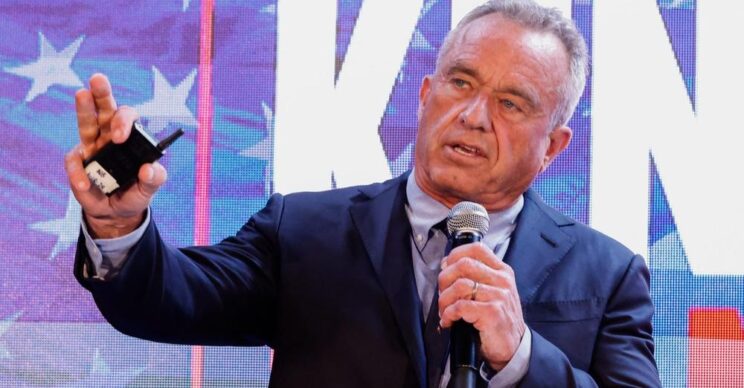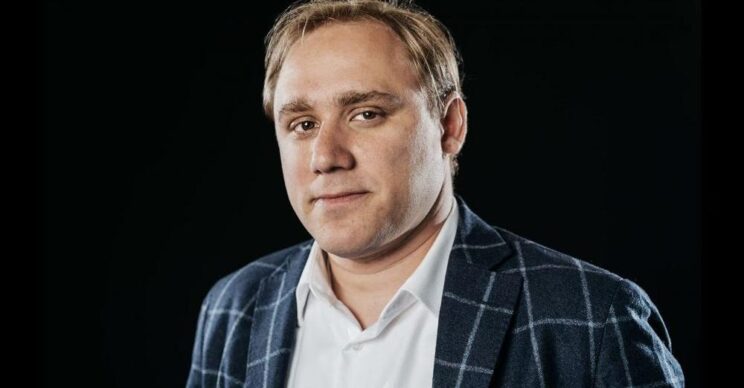Challenging True Facts
Washington Post’s “Fact Checker” Glenn Kessler (of chequered reputation) cannot leave RFK Jr’s stating true facts on Ukraine unchallenged. Well versed in adducing ‘alternative facts’ Kessler now outdoes himself – no doubt with ‘research support’ from CIA. washingtonpost.com/politics/2024/
Courageous, Effective Demonstrations
AP Photo (Jose Luis Magana)
COURAGEOUS DEMOS MAKE BIDEN LISTEN! Beat up enough students and professors and you get this: “US has suspended shipment of weapons to Israel,” Lloyd Austin, just told the Senate. “We are currently examining the short-term security support in the context of the events in Rafah.”
Unrepentant Michael Isikoff
Unrepentant Michael Isikoff, co-author of Russian Roulette fairytale, is still claiming RUSSIA HACKED THE DNC ( https://www.spytalk.co/p/dmitri-alperovitch-on-the-new-cold?r=2hta ) 8 and a half yrs after sworn testimony disproving that charge ( https://web.archive.org/web/20200507215144/https:/intelligence.house.gov/UploadedFiles/SH21.pdf ) and, oddly, on the 6th anniversary of the release of that testimony.
https://www.spytalk.co/p/dmitri-alperovitch-on-the-new-cold?r=2hta
Tactical Nukes
TACTICAL NUKES: In rare move Moscow announces preparation for air and naval exercise of tactical missile formations” to ensure “combat readiness of non-strategic nuclear forces”. Specifically, reaction to “threats of Western officials” like Macron, Cameron
Another President’s Daily Brief with “President Scheer”
The President’s Daily Brief briefing to ‘President Scheer’ May 3 found him thoroughly frustrated; kept pleading for some good news on Gaza, Ukraine, campus ferment. I tried to expose some of the lies he’s been told; unable to promise better news next week.
Keen Sense of Justice Among Students
Turnkey Tyranny
The Allure of Being “Part of the Team”
‘President’ Robert Scheer berates me as we role-play a President’s Daily Briefing. Viewers will find the video instructive re the pressures on intelligence analysts – especially in an election year – to avoid being seduced into becoming ‘part of the team’.
Israel’s Hold on US Presidents
Frustrated with Israel’s hold on US presidents? So was former national security adviser Brent Scowcroft, watching PM Ariel Sharon press GWBush to attack Iraq. Scowcroft told Financial Times Sharon had Bush “mesmerized” & “wrapped around his little finger.”



